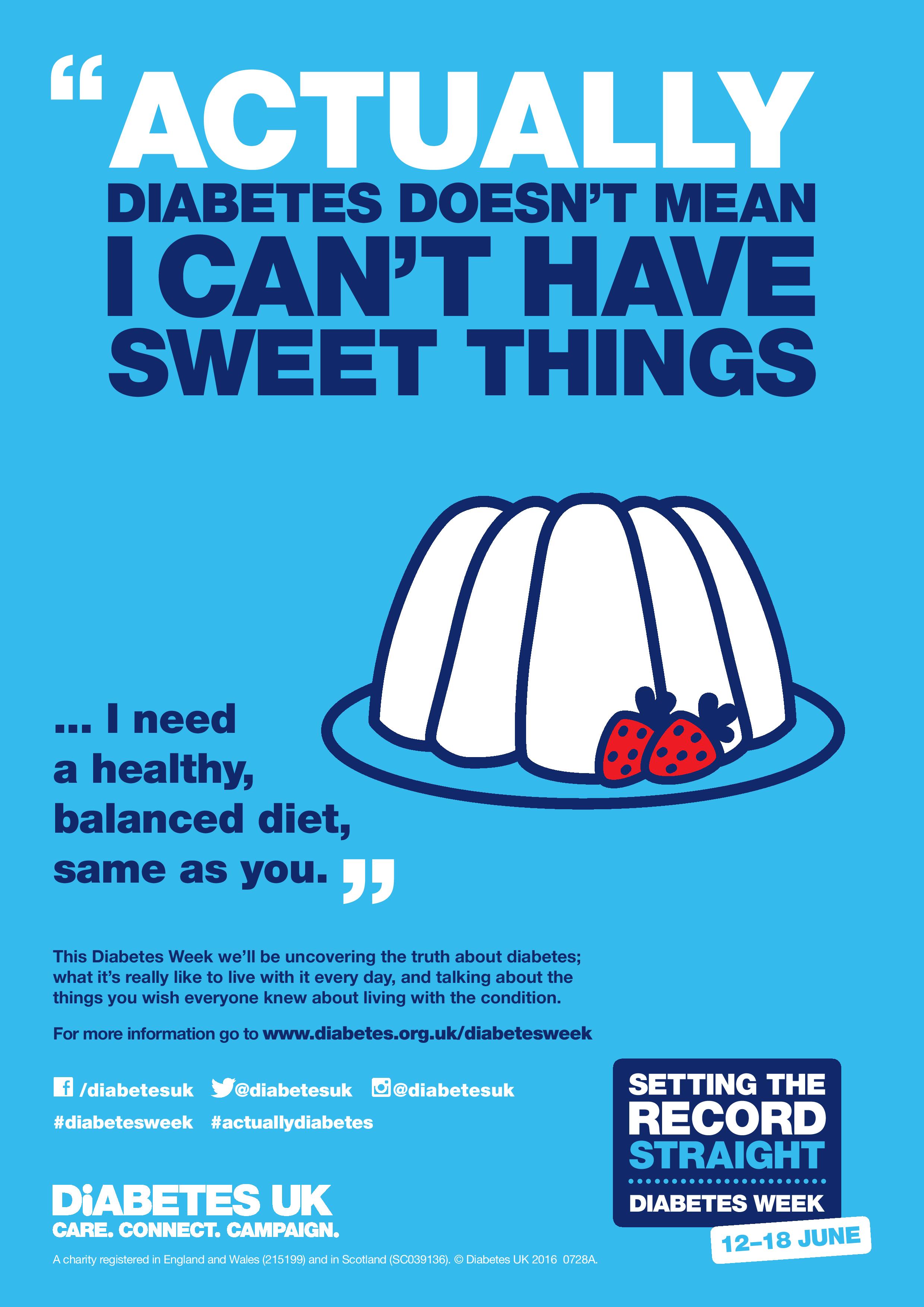Professor Melanie Davies
Finding an expert doctor online. Check out this brilliant idea which could help you find the healthcare advice you need!
As pretty much all of my readers know by now I am more than just a bit gung-ho about how the digital revolution has affected the healthcare universe.
For the better in my view . Pretty much without exception.
So I was delighted to receive this update from University Hospitals of Leicester NHS Trust (Leicester’s Hospitals). While the update focused on the achievements of the Leicester Diabetes Centre the website they told me a bout has a whole range of uses for patients and healthcare users pretty much across the globe and for many different medical condition!
The idea is brought to us by a web site called Expertscape. The data are compiled by Expertscape using a matrix based on nearly 100,000 articles published since 2005. This helps us find the people who really know their stuff about any medical condition and you can use it to find the healthcare professionals you need to help you. This might be very important if you need a second opinion?
So who might this work in practice? Well this is the Leicester Diabetes Centre great example!
Professor Kamlesh Khunti and Professor Melanie Davies have been named in the top 10 diabetes experts globally on a list published at the American Diabetes Association meeting in Boston.
Professor Khunti said: “This was a real surprise to us but we are absolutely honored to be recognised in this list of some of the top researchers in the world. This is recognition of the work being conducted by our Leicester Diabetes Team from the University of Leicester over the past 15 years.”
Professor Davies said: “This is great news for Leicester and recognises the impact that our research on diabetes is having internationally.”
So what do you think? Would you use this kind of web site to find a second opinion.
Why not share your thoughts and views in the comments section below!
Why do young people with Type-2 Diabetes go on to develop heart damage?
The research team, led by Dr Gerry McCann, Consultant Cardiologist at Leicester’s Hospitals and NIHR Fellow and Professor Melanie Davies, Honorary Consultant at Leicester’s Hospitals, Director of the Diabetes Centre and Professor of Diabetes Medicine at the University of Leicester, are going to use MRI scanning to determine what causes early heart failure in 100 younger adults with diabetes.
The study will randomly allocate patients to different treatment arms. The first group will receive optimal blood sugar lowering treatment and lifestyle advice. The second, a very low calorie diet and the third, moderate intensity exercise training. The research team hope that conducting MRI scans throughout this period will indicate whether early heart damage can be completely reversed.
Dr McCann stated “Patients with diabetes are four times more likely to develop heart failure and other circulation problems. Younger diabetics have the greatest life-time risk of complications and death. It is essential that we develop tools to diagnose heart failure early and effective treatments to prevent this serious life threatening condition progressing. This NIHR award will see Leicester’s cardiovascular and diabetes research units working together to combat heart failure developing in patients with diabetes.”
It is hoped that by using the evidence produced by the MRI scans to compare the different treatment methods, it will lead to better treatments that prevent hospitalisation with heart failure and premature deaths.
Prof. Davies noted “We have seen a dramatic increase in the numbers of people developing Type-2 diabetes at a younger age. Our previous work has shown that younger people already have evidence of heart damage. We want to see if we can intervene and reverse these really worrying changes.
I am delighted that we have been awarded this prestigious award funding to allow us to carry out this important and innovative work in Leicester.”


